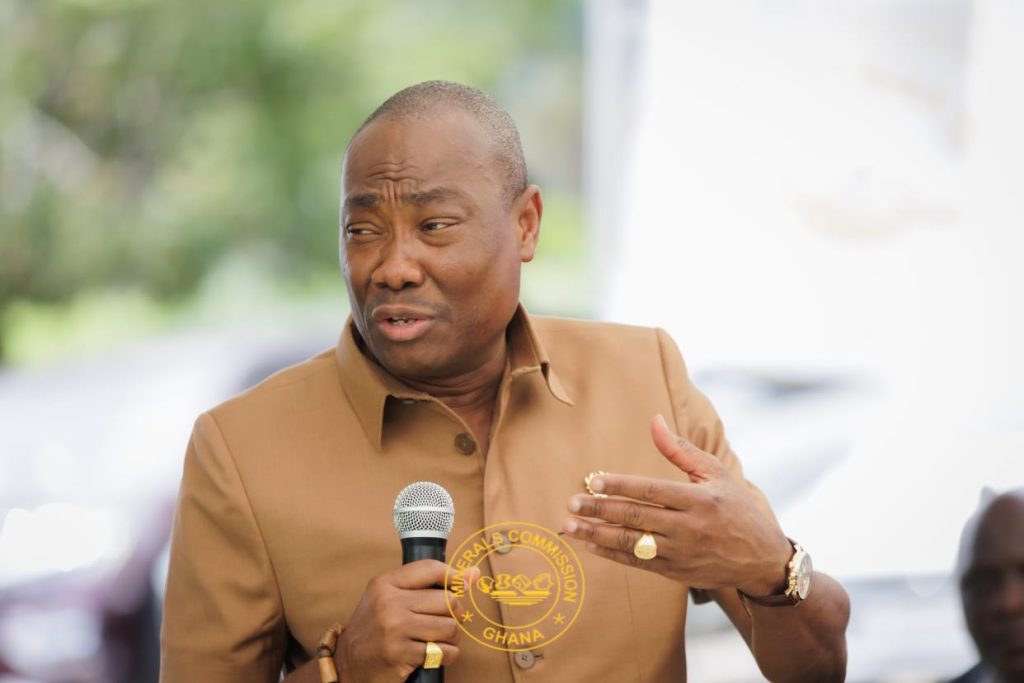Government has launched a comprehensive review of its national mining policy and legislation as it moves to realign the country’s mineral governance framework with new global trends, evolving economic priorities, and lessons from over a decade of implementation.
In a press release issued by the Ministry of Lands and Natural Resources, authorities confirmed that the Minerals Commission—the main regulatory body for the mining sector—has begun a broad stakeholder engagement process to revise both the 2014 Minerals and Mining Policy and the Minerals and Mining Act, 2006 (Act 703).
The current legal and policy frameworks have underpinned Ghana’s mining regime for nearly two decades.
However, recent developments—including the 2024 general elections that brought the National Democratic Congress (NDC) back to power with a new policy vision on mining, intensifying global discourse on climate change and the energy transition, and growing attention to artisanal and small-scale mining—have made an overhaul urgent and necessary.
“Emerging global trends such as climate change and transition minerals, challenges from implementation over the past decade, and the strategic importance of small-scale mining to Ghana’s economy, all demand that we update our approach,” the statement said.
The review is not just a bureaucratic exercise—it reflects a broader shift in how Ghana wants to position its mineral sector in an era defined by green energy demand, responsible resource extraction, and enhanced local value creation.
Transition minerals like lithium and rare earth elements, essential to electric vehicles and renewable energy technologies, have become central to this evolving context.
According to the Ministry, the Minerals Commission is now consulting widely with industry actors, academic experts, civil society, and the general public to capture diverse perspectives on what the next-generation mining policy and law should look like.
The Commission has officially invited the public to submit inputs into the review process. Submissions may address a wide range of issues—environmental standards, fiscal regimes, community development, land use, gender and social inclusion, local content, and technological innovation, among others.
“The inputs received will play a critical role in shaping Ghana’s approach to managing the sector and ensuring a sustainable and resilient future for the nation’s mineral resource development,” the Ministry emphasized.
How to Participate
Stakeholders and members of the public are encouraged to participate by accessing the draft policy and Act under review, and forwarding their feedback in any of the following ways:
By email:
info@mincom.gov.gh
ahmed.tijani@mincom.gov.gh
By hand delivery or postal mail:
To: The Chief Executive Officer Minerals Commission #12 Switchback Road, Residential Area, Cantonments P. O. Box M248, Accra – Ghana Digital Address: GL-060-113
The deadline for all submissions is June 4, 2025.
DISCLAIMER: The Views, Comments, Opinions, Contributions and Statements made by Readers and Contributors on this platform do not necessarily represent the views or policy of Multimedia Group Limited.
DISCLAIMER: The Views, Comments, Opinions, Contributions and Statements made by Readers and Contributors on this platform do not necessarily represent the views or policy of Multimedia Group Limited.


